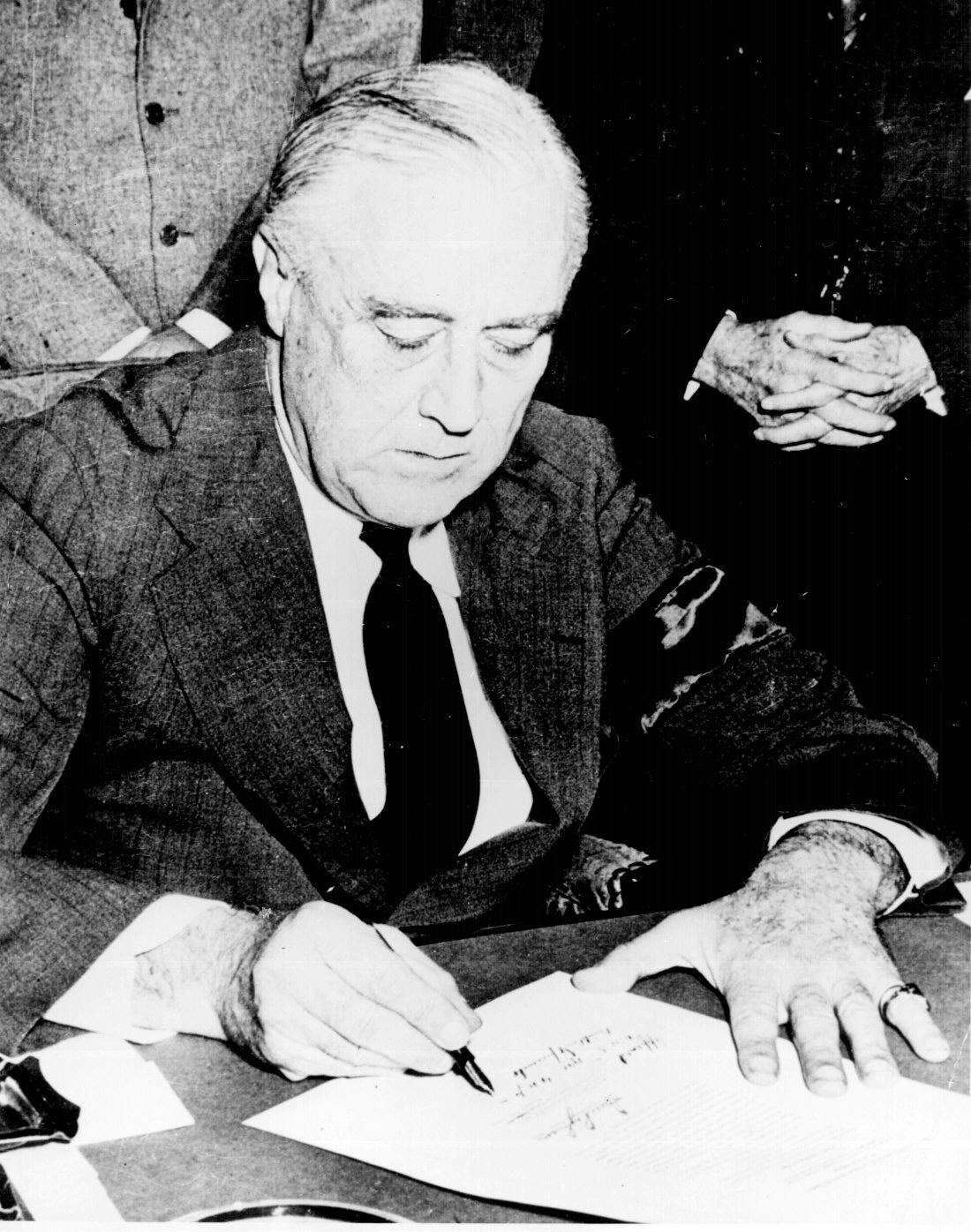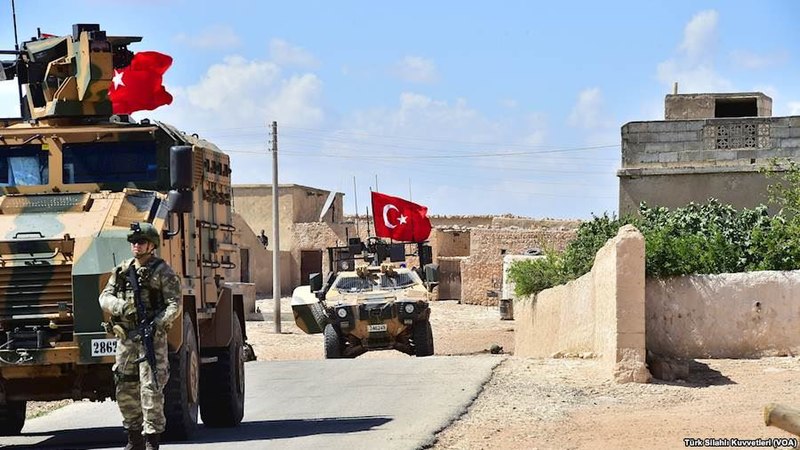The 2011 NATO-led intervention in Libya was initially hailed as a success. The record five years later, however, shows that the intervention was instead a dismal failure. Although there is substantial evidence that humanitarian interventions are often costly – both domestically and internationally – future world leaders will continue to be tempted to conduct such interventions abroad.
In his statements to the press this week, President Barack Obama lamented the outcome of the intervention in Libya, but reaffirmed his belief that it was “the right thing to do.” While these interventions often have admirable goals, the international community needs to be careful to learn from its past mistakes. Here are three lessons I think we can learn from the failed Libyan intervention five years later:
- “Follow up” is critical.
President Obama reflected on the intervention this week and revealed that “failing to plan for the day after” was the worst mistake of his presidency. While it is tempting to focus only on immediate military action when planning interventions, “follow up” is critical to success. Prime Minister David Cameron, for example, admitted that he was “distracted” by other events in the aftermath of the initial airstrikes, leading to a failure to fully commit the necessary resources to Libya. Intervening powers need to remain supportive of states after intervention. If a coalition is not fully committed to devoting the necessary resources to ensure their actions are successful, interventions can actually worsen the domestic and international situation.
- Hope for the best, but plan for the worst.
Ensuring appropriate “follow up” requires clear end goals for interventions and a back-up plan for when things go badly or events take an unexpected turn. One of the primary goals in Libya was regime change, but policymakers failed to plan for the instability that would follow. They simply didn’t consider what would happen after the airstrikes.
For decades, military members have urged policymakers to fully consider what can go wrong during and after a conflict. Back in 1990, Colin Powell articulated eight conditions that must be met before taking militarized action abroad. Question #6 of the now famous Powell Doctrine directly addresses the notion of preparing for the worst and asks policy makers: “Have the consequences of our action been fully considered?” It is clear from not only the current situation in Libya, but also from recent comments by policymakers involved in the intervention, that the coalition failed to fully consider the potential negative ramifications of their actions and to plan accordingly. The failure to “follow up” combined with the lack of a concrete plan for action in Libya after the bombings was a dangerous combination.
- Decapitation isn’t always effective.
On a related note, the Libyan intervention also shows that simply removing leaders from power won’t solve our problems. Decapitation is the strategy of killing the leaders of states or organizations (such as terrorist groups) with the hope that doing so will change undesirable state behavior or end violence. It is heralded for being cheap, easy, and effective, making it an attractive strategy for policymakers. In reality, however, decapitation strategies often lead to power vacuums, as different factions vie for governmental control once a leader is removed. While the intervention was successful in ousting Qaddafi from power, little attention was paid to the potential instability this would bring to the state domestically.
In summary, humanitarian intervention will continue to be seen as a viable option for states seeking to protect the rights of individuals abroad. When those interventions do arise, policymakers would be wise to take a step back and consider the lessons of the failed Libyan intervention before taking action.








1 comment
The intervention in Libya can be understood only as an exercise in the extension or maintenance of empire, because that is all that is there. Almost all empires have had some noble ostensible purpose, such as ‘the White Man’s burden’ or ‘la Mission civilisatrice’. These are usually fairly thin lies, as is ‘humanitarianism’. There is no point in attempting to analyze imperial expeditions without recognize the fundamental power principles in operation, upon which the superficial excuses have little or no bearing.